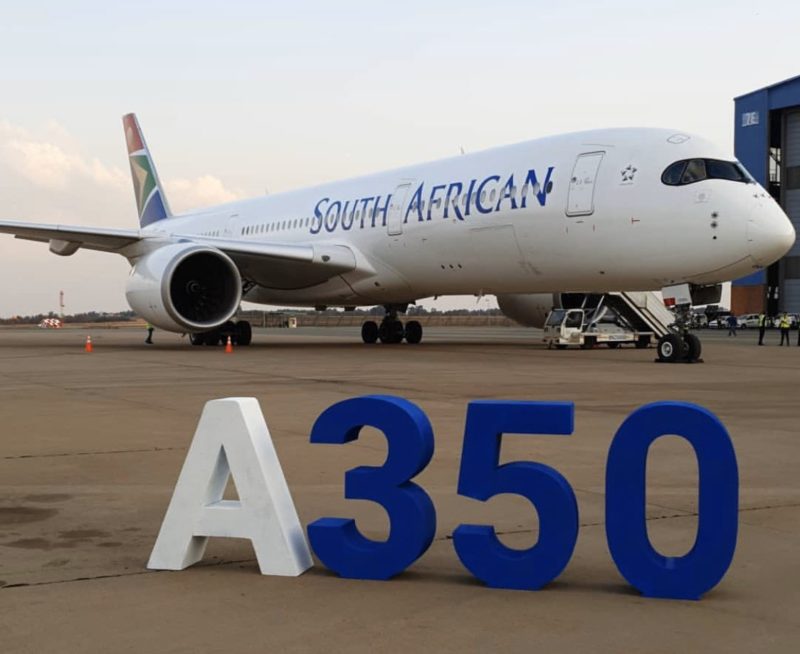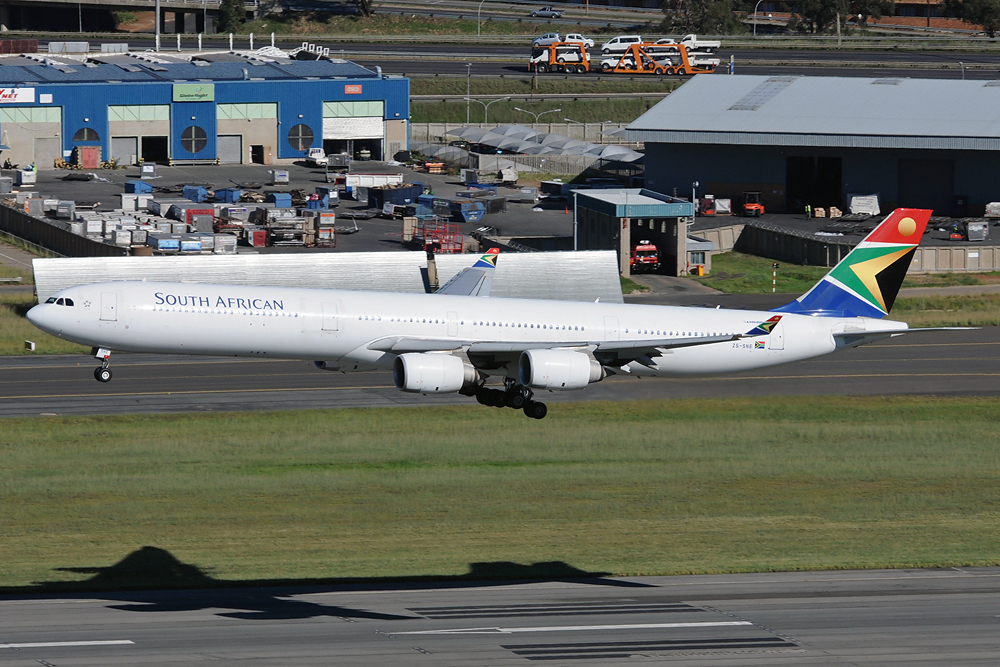South African Airways has failed to reach an agreement for more government funding, threatening to send the airline into total collapse.
The flag carrier of South Africa has detailed a plan to lay-off all of its 4700-strong workforce. According to Bloomberg, the state-owned airline will seek to offer severance deals to their staff members.
In an internal airline statement, seen by Reuters, South African Airways said that employees’ contracts would be terminated on April 30th.
“It is unlikely that the company will be successfully rescued as a result of the business rescue process. In order to make payment of the severance packages … the company is required to sell and dispose of its assets”
South African Airways statement, provided by Reuters
Once employees’ contracts have been terminated, they will be paid one month’s wages for every year that they have worked for the airline. They will also be paid for unused annual leave, according to a memo obtained by Bloomberg.
South African Airways has struggled in recent years, having last turned a profit in 2011.
The coronavirus pandemic has cost South Africa’s government heavily. Bloomberg reported earlier this week that Public Enterprises Minister, Pravin Gordhan, said that the cost of battling the coronavirus pandemic meant that no more lifelines could be extended to the airline.
In December, the South African government placed the airline in a form of bankruptcy protection. South African Finance Minister, Tito Mboweni, has said that South African Airways’ collapse could help to balance out the country’s finances.

The Daily Sabah has reported that South African Airways has received 20 billion rand ($1.1 billion USD) in government bailouts in the past three years.
South Africa’s future of air travel remains unknown, with no current airline having the capacity to replace the large state-owned carrier.
South African Airways operates an entirely Airbus passenger fleet including: A320, A330, A340 and A350 aircraft.
Article Sources: Daily Sabah, South African Dept. of Public Enterprises, Reuters and Bloomberg.


